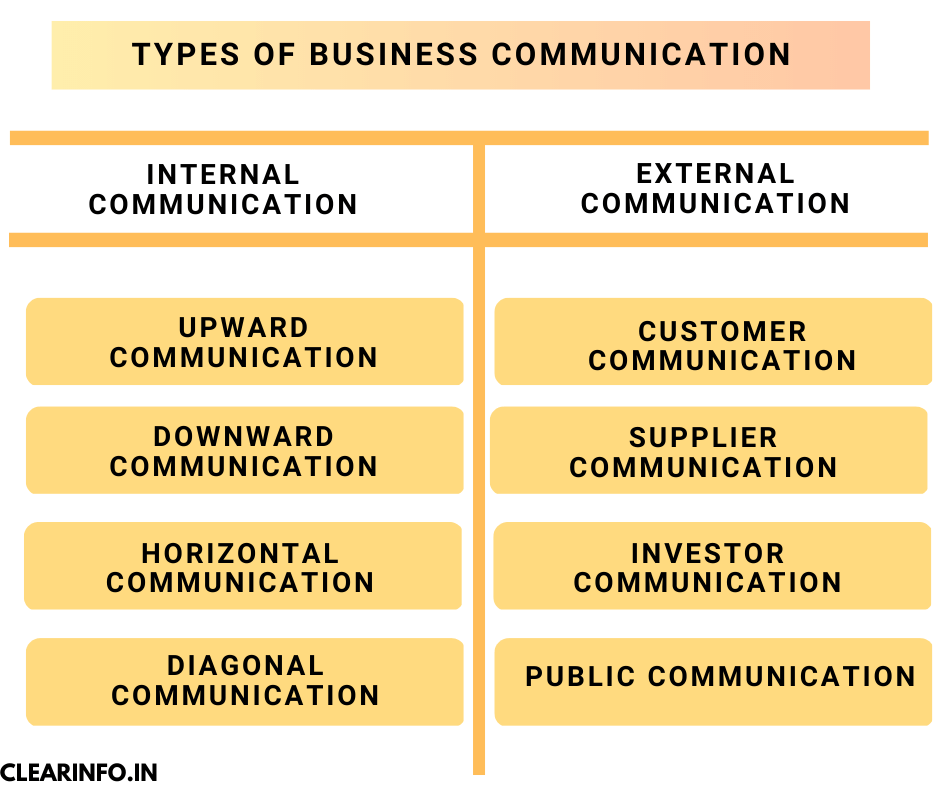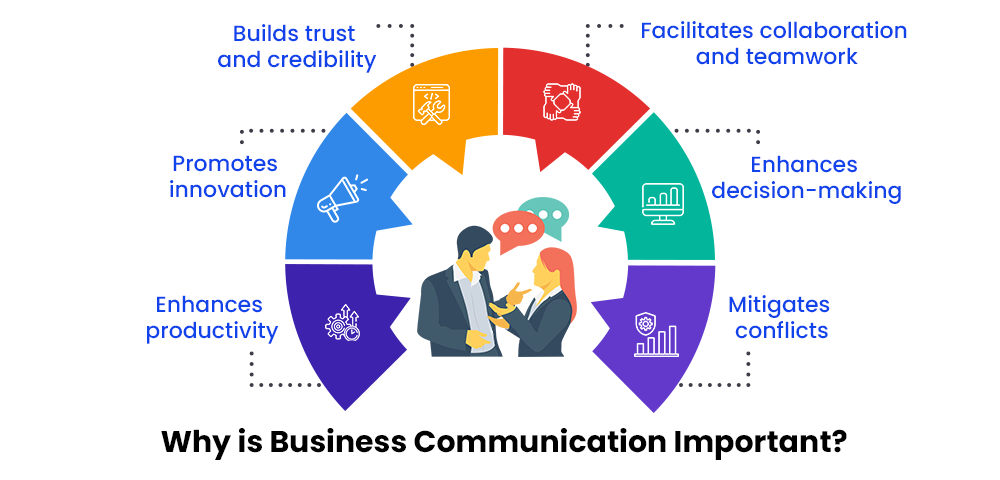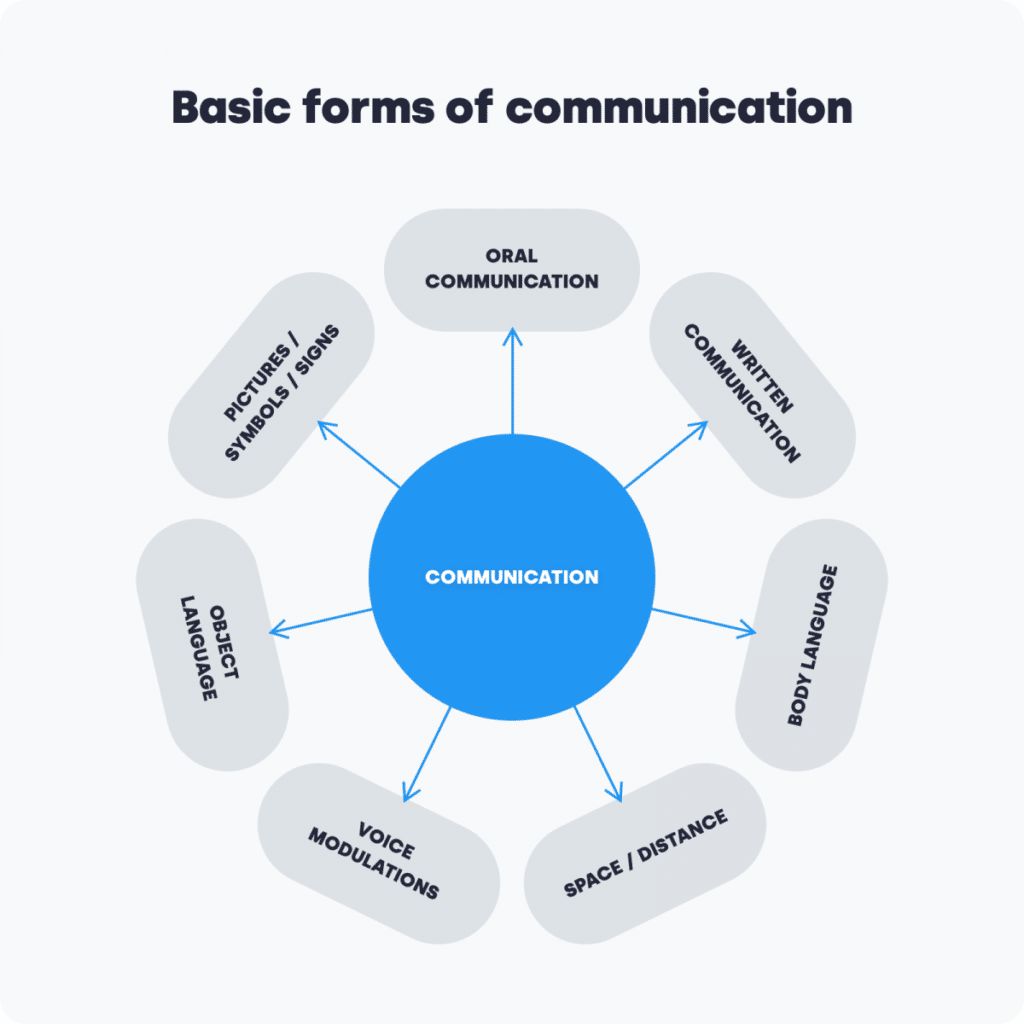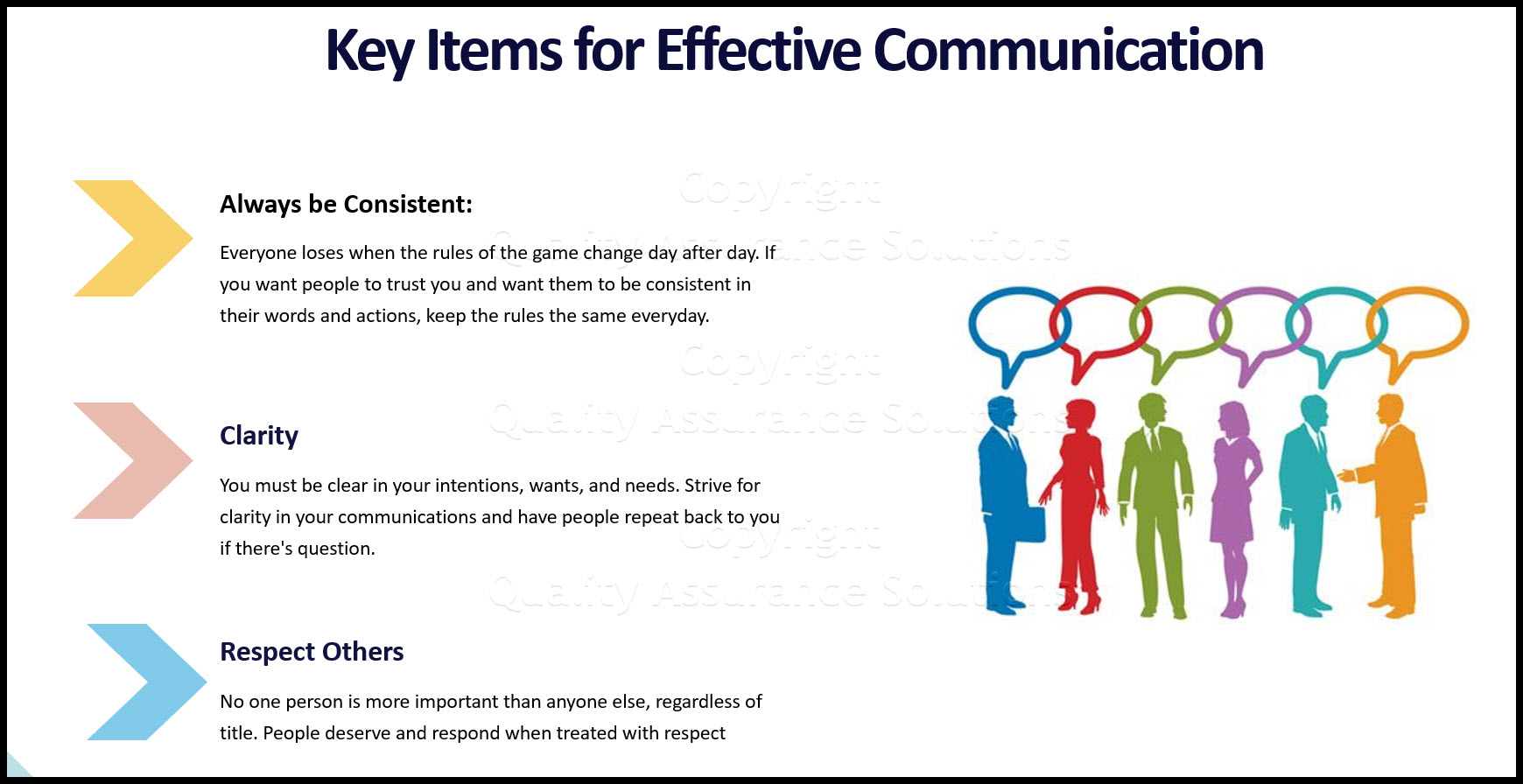Is Communication Important In Business

In today's interconnected world, effective communication is often cited as a cornerstone of successful business operations. From fostering internal collaboration to building strong client relationships, the ability to convey information clearly and efficiently is increasingly recognized as a critical asset.
But is communication truly as vital as it's often portrayed? This article examines the role of communication in business, exploring its significance, key aspects, and potential impact on organizational success.
The Core of Business Operations
Communication acts as the lifeblood of any organization, facilitating the exchange of ideas, instructions, and feedback between employees, departments, and stakeholders. This intricate network of interactions determines the efficiency, productivity, and overall success of the business.
Without clear communication, misunderstandings arise, projects stall, and morale can plummet. According to a study by Project Management Institute, ineffective communication is a primary contributor to project failure, costing organizations millions of dollars annually.
Internal Communication
Within an organization, strong internal communication promotes teamwork, innovation, and a shared sense of purpose. Regular updates, transparent leadership, and open dialogue contribute to a positive work environment where employees feel valued and informed.
Companies like Google and Netflix are known for their emphasis on open communication, encouraging employees to share ideas and challenge existing processes. This fosters a culture of continuous improvement and adaptability.
External Communication
Beyond the internal environment, effective external communication is crucial for building brand reputation, attracting customers, and maintaining positive relationships with stakeholders. This includes marketing efforts, public relations, and customer service interactions.
A company's ability to communicate its values, products, and services clearly and persuasively directly impacts its market position and profitability. Poor communication can lead to damaged reputations and lost business opportunities.
Key Elements of Effective Communication
Effective communication in business extends beyond simply transmitting information. It requires careful consideration of the audience, the message, and the chosen channel.
Key elements include clarity, conciseness, accuracy, and relevance. Active listening and empathy are also crucial for understanding and responding to the needs of others.
The Digital Age
The digital age has revolutionized communication in business, offering a plethora of tools and platforms for connecting with employees and customers. Email, instant messaging, video conferencing, and social media have become integral parts of the modern business landscape.
However, this increased connectivity also presents challenges. Companies must navigate the complexities of managing digital communication, ensuring that information is accurate, secure, and accessible.
Misinformation spreads quickly online, and a single misstep in digital communication can have significant consequences for a company's reputation. Therefore, a well-defined digital communication strategy is essential.
The Impact on Organizational Success
Ultimately, the quality of communication within and outside a business directly impacts its bottom line. Effective communication leads to increased productivity, improved customer satisfaction, and stronger brand loyalty.
Companies that prioritize communication are better equipped to adapt to change, innovate, and overcome challenges. In a competitive market, the ability to communicate effectively can be a decisive advantage.
As Peter Drucker famously said, "60 percent of all management problems are the result of faulty communications." This underscores the critical importance of investing in communication skills and strategies to ensure organizational success.


















